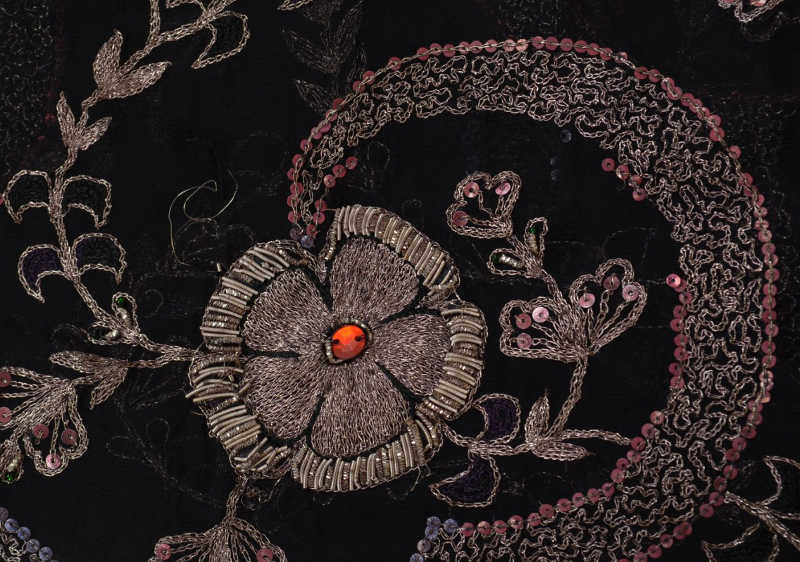===
0992,
2
===

=== |
 |
kām : '(Indic) Action, act, deed, work, doing, handiwork, performance; work, labour, duty, task, job; business, occupation, employment, office, function; operation, undertaking, transaction, affair, matter, thing, concern, interest'. (Platts p.804)
kām : '(Sanskrit) Inclination, wish, desire, longing, inordinate desire; affection, love, passion; sexual passion; lust; love of pleasure; the object of desire or love'. (Platts p.804)
kām : '(Persian) Desire, wish; design, intention'. (Platts p.805)
FWP:
SETS
MOTIFS
NAMES
TERMS == 'TUMULT-AROUSING'The wry, vigorously colloquial tone of the second line is of course a real joy. And a substantial part of its pleasure is the double meaning of kām , as both 'work' and 'desire' (see the definitions above). The image of passion 'making use' even of a dead body has a morbid (almost necrophiliac?) side too. But it has so many other possibilities as well; that second line is truly, ominously, unforgettable.